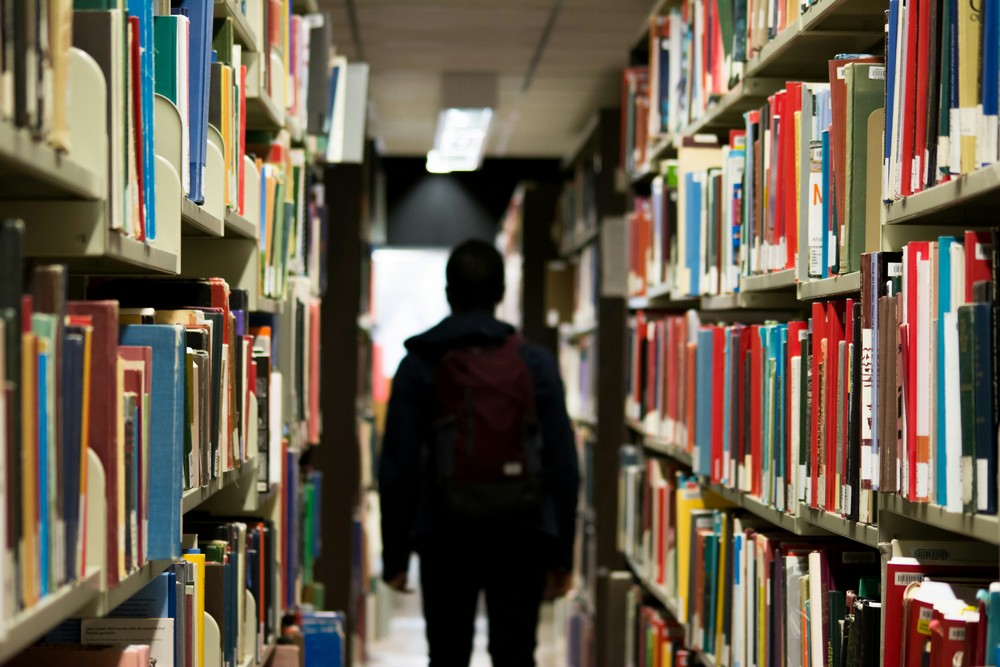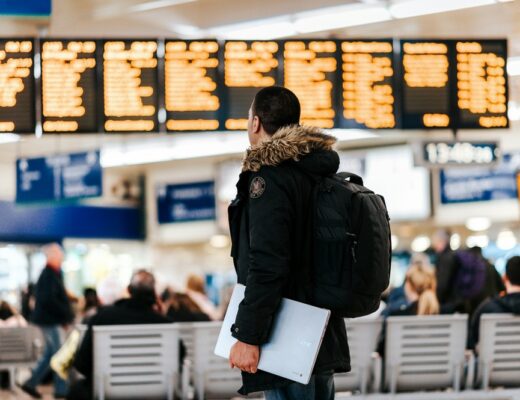In our guide to help you with your expatriation project in Mauritius, we talked about exploring the education system in Mauritius next. Today, we are embarking on this exploration, covering the different strata of education, from primary to secondary schools. Let’s delve into the particularities of this education system, discovering its dynamics and recent developments.

Overview of the Mauritian school system
Before delving in depth, it is crucial to understand the different categories of schools. In Mauritius, there are public schools, whether primary or secondary, where pupils start their education at the age of 5 and continue until they are around 18, when they obtain their Higher School Certificate, the local equivalent of the baccalauréat. These state schools are entirely free of charge.
The second type of school are private schools, which fall into two categories: French schools and international schools. The latter charge a monthly fee of between 10,000 and 15,000 rupees per student.
French schools
Under the supervision of the French Education Ministry, the French schools in Mauritius come under the l’Enseignement Français à l’Étranger (AEFE). Mauritius is currently home to three conventioned schools and two partner schools, forming one of the largest French education networks in the region, with over 5,000 pupils. The quality of education in Mauritius is remarkable, with a baccalaureate pass rate nearing 100% each year.
The French schools in Mauritius are
- École du Nord, Mapou
- Lycée Labourdonnais, Curepipe
- École du Centre, Moka
- Lycée des Mascareignes, Moka
- École Paul et Virginie, Tamarin

International schools
International schools in Mauritius follow the British model, offering tuition in English and often awarding an International Baccalaureate or equivalent. The great advantage over the French system is that pupils quickly become bilingual, which attracts many French expatriates to enroll their children in these schools.
Private international schools in Mauritius include:
- Northfields International School, Mapou
- IPS, Mapou
- Le Bocage International School, Moka
- Greencoast International School, Beau-Plan
- Westcoast International Primary and Secondary School, Cascavelle
- Savannah International School, Savannah

Daycare services for toddlers
For parents with young children, Mauritian nannies enjoy an excellent international reputation. Word-of-mouth is an effective way of finding a nanny, as are parents’ groups on Facebook where they can exchange addresses and recommendations. Don’t hesitate to ask around!
In short, the diversity and quality of the Mauritian education system meets the varied needs of families living in the country, contributing to the development and fulfilment of future generations.





